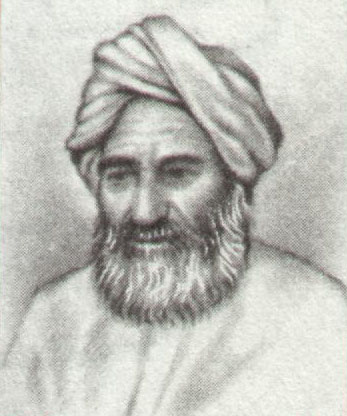[citation needed]
Works
Alberuni's India
Al-BiruniFamous Al-Biruni Quotes
Alberuni, quoted from Lal, K. S. (1992). The legacy of Muslim rule in India. New Delhi: Aditya Prakashan. Chapter 1
From Alberuni's India
Alberuni in his India, Alberuni's India, Edward C. Sachau (translator and editor)
From Alberuni's India
Alberuni, I, p.22. quoted from K.S. Lal, Indian Muslims who are they, 1990
From Alberuni's India
Alberuni, I, pp.19-20. quoted from K.S. Lal, Indian Muslims who are they, 1990
From Alberuni's India
Book on the Finding of Chords.
Al-Biruni Quotes about homeland
Alberuni's India, vol. I, p. 22. Also quoted (in part) in Jain, Meenakshi (2011). The India they saw: Foreign accounts.
From Alberuni's India
The History and Culture of the Indian People: The Vedic age, ed. R.C. Majumdar https://archive.org/stream/in.ernet.dli.2015.110240/2015.110240.The-Vedic-Age-Vol1_djvu.txt
From Alberuni's India
Source: in Elliot and Dowson, quoted in Misra, R. G. (2005). Indian resistance to early Muslim invaders up to 1206 A.D. p.111
Al-Biruni Quotes
Quoted in: A.L. Mackay Dictionary of Scientific Quotations (London 1994).
quoted from Lal, K. S. (1992). The legacy of Muslim rule in India. New Delhi: Aditya Prakashan. Chapter 1 https://archive.org/details/alberunisindiaac01biru/page/188
From Alberuni's India
E.C. Sachau (tr.), Alberuni's India, New Delhi Reprint, 1983
From Alberuni's India
E.C. Sachau (tr.), Alberuni's India, New Delhi Reprint, 1983 p. 117.
From Alberuni's India
AH 416. He ordered the upper part to be broken and the remainder to be transported to his residence, Ghaznin, with all its coverings and trappings of gold, jewels, and embroidered garments. Part of it has been thrown into the hippodrome of the town, together with the Cakrasvamin, an idol of bronze, that had been brought from Taneshar. Another part of the idol from Somanath lies before the door of the mosque of Ghaznin, on which people rub their feet to clean them from dirt and wet.
Source: E.C. Sachau (tr.), Alberuni's India, New Delhi Reprint, 1983
